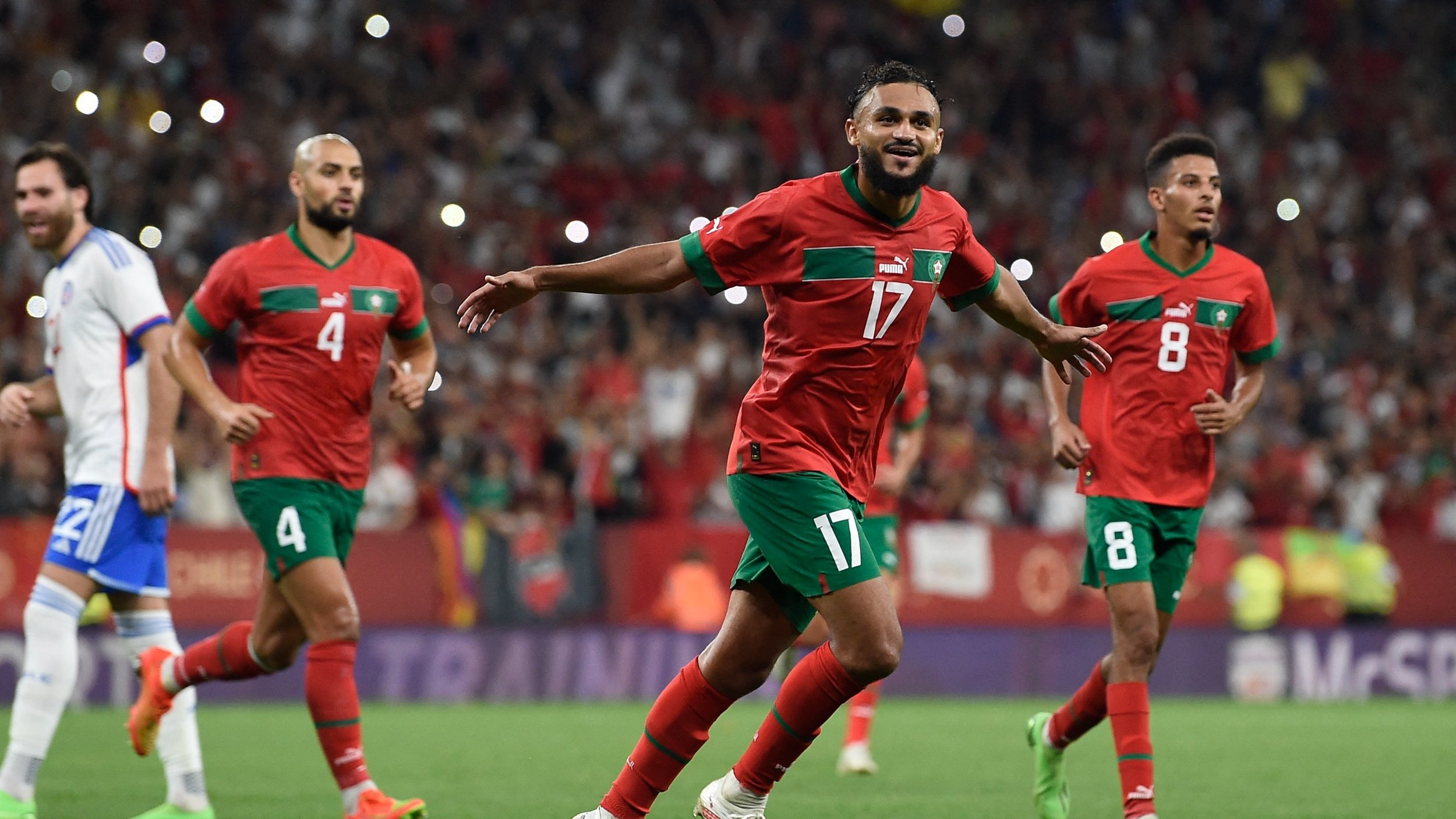From Underdogs to Favourites: A snapshot of African success
African football teams have, on multiple occasions, performed brilliantly, despite not necessarily having advanced as far as their European and South American counterparts on the world stage.
It is the best of times, it is the worst of times, it is the season of hope, it is the season of despair, it is the fourth of euphoria, it is the fourth of sorrow.
This year’s FIFA World Cup has been like no other. From Morocco’s mayhem, to the Samurais’ controversial VAR goal which echoed Hurst’s 1966 clinching kick, to our very own Roos’ rad performance, football this year has surely been a box of pleasant upsets. For those diehard football fans out there, our thirst for memorable matches has surely been quenched as we’ve witnessed underdogs rising and powerhouses falling.
But frankly, despite all the ‘shocks’ we’ve seen in Qatar, Morocco’s rise and, more broadly, Africa and Asia’s stellar performances are, in retrospect, not really that ‘shocking’.
For not only is football a box of surprises, but, historically, upsets by African teams are quite frequent. African teams have, on multiple occasions, performed brilliantly, despite not necessarily having advanced as far as their European and South American counterparts on the world stage.
Had it not been for Algeria’s triumph over reigning champions West Germany in 1982, the final rounds of world cups would not be played simultaneously.
The infamous ‘Disgrace of Gijon’, in which Austria and Germany conspired and fixed their match to prevent unknown first-timers Algeria from progressing to the round of 16, is a wound that has not healed in the Algerians. The Austrian-German match was so shameful that Spanish newspapers reported it in their crime section. FIFA deemed that neither Austria nor Germany contravened any protocol, despite rampant censure and Algeria’s formal complaint. It did, however, introduce a rule that drastically altered the World Cup forever.
That same year, West Germany reached the grand final but lost against Italy. Perhaps, had Algeria advanced, the 1982 World Cup would have unfolded differently.
32 years later, in 2014, the tension revived. In the round of 16, the Algerian Fennec Foxes took the eventual grand finalists to extra time, but sustained a beautiful yet cruel defeat.
Algeria’s performance since 2014 was followed by its 35-game unbeaten run, which has placed it internationally amongst the top five countries with the longest unbeaten streaks. Yet, interestingly, FIFA failed to acknowledge Algeria’s remarkable streak by counting their loss to Morocco in the 2019 African Nations Championship (CHAN). Algeria overlooked the defeat as the CHAN is limited to players who compete in national league tournaments. For Algeria, a country whose national team substantially derives from diaspora players, it is understable why it would not consider such a match.
In 1990, Cameroon’s defeat of reigning champions, Argentina, further grew Africa’s dark horse status. Given that the 1990 World Cup was the Indomitable Lions’ second global appearance, it was unthinkable that an unheralded team could possibly emerge as a victor. Yet, that year, Cameroon became the first African country to progress to the World Cup quarter finals.
The trend of African might continued this year, arguably, more pronounced than ever, as the Atlas Lions roared through their group stages to the semi-final. To many African and Arab football lovers across the globe, Morocco’s mayhem reiterates the beauty of football: its unpredictability — its underlying representation of the adage ‘never underestimate your opponents’. But ultimately, Morocco’s success has signalled that perhaps it is time that we acknowledge that African teams deserve more appreciation in general. Perhaps that’s why there is an interesting trend of diaspora footballers like Achraf Hakimi, Riyad Mahrez, and André Ayew, choosing to play for African nations rather than their countries of birth. Perhaps there is a shared sentiment amongst diaspora to reinvigorate African football and redefine African teams as true contenders rather than underdogs.
And so, ultimately, behind this year’s upsets, lingers a fundamental question.
If this World Cup is truly representative of the ‘world’, why does Africa only have five teams qualifying from its continent, despite it having almost the same number of FIFA-affiliated teams as Europe?
Even though FIFA’s Infantino recently confirmed that the 2026 World Cup will feature 48 teams rather than the usual 32, the disproportion in the number of qualifying teams between Africa and other continents does not seem to have truly been addressed.
Perhaps it is now time that we reconsider the qualifying process and its rationale to do justice to the African football magic that has mesmerised us over the years.

